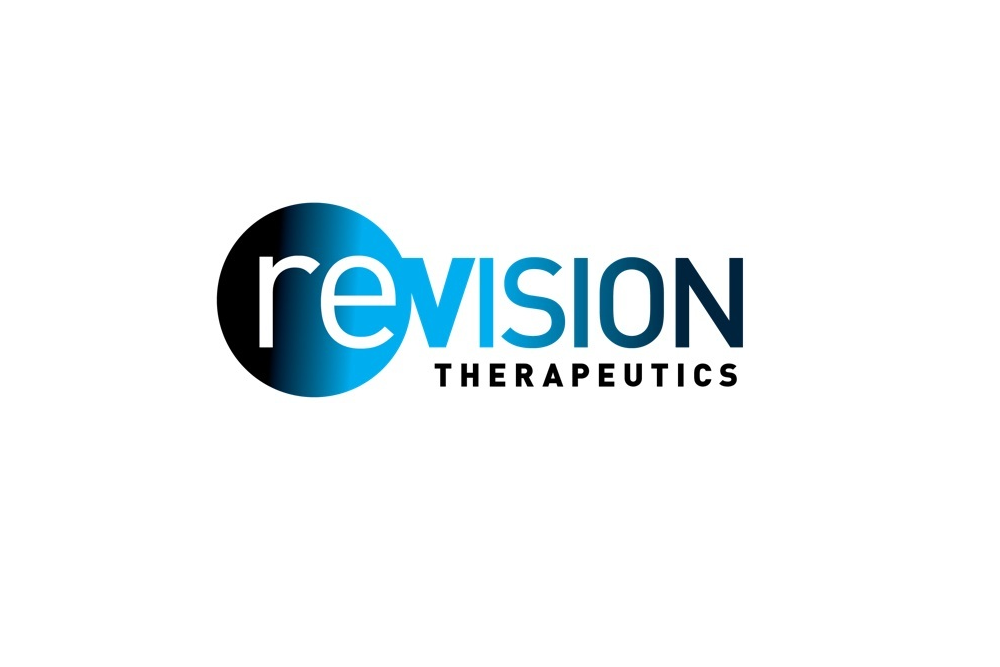
reVision Therapeutics, Inc. issued the following announcement on Oct. 28.
reVision Therapeutics, Inc., a privately-held, early stage biopharmaceutical company focused on the development and commercialization of innovative therapies for ocular and rare diseases, announced that the US Food and Drug Administration has granted the Company's request to designate REV-0100 as an Orphan-Drug and a Rare Pediatric Disease Drug for the treatment of Stargardt disease. Stargardt disease is a devastating genetic disorder that affects central vision with no approved treatment options.
"FDA's designation of REV-0100 as an orphan-drug and as a drug for a rare pediatric disease are significant milestones for reVision and underscores the Company's commitment to innovative therapies and treatments for unmet medical needs associated with genetic and progressive vision loss," said Paul Fehlner, reVision's President and Chief Executive Officer. "This designation permits reVision to further accelerate the development of our Stargardt disease treatment. Our candidate is based on important discovery research from Weill Cornell Medicine in New York City showing that REV-0100 can reduce levels of toxic lipid material called lipofuscin. reVision is thus poised to demonstrate the benefit of reducing levels of lipofuscin to retinal health in Stargardt disease."
"Stargardt disease causes challenging central vision loss for 30,000 people in the US and tens of thousands more around the world. We are pleased to see more vision-saving therapies moving toward clinical trials and potentially out to the people who urgently need them," says Brian Mansfield, PhD, executive vice president research, interim chief scientific officer of the Foundation Fighting Blindness.
"Academic-industry collaborations are fundamental to biomedical research," said Dr. Lisa Placanica, senior managing director of Cornell University's Center for Technology Licensing at Weill Cornell Medicine. "By working together, we are able to catalyze groundbreaking discoveries into cutting-edge innovations that have the potential to enhance human health. Our work with reVision Therapeutics, and the steps the company has taken to advance REV-0100, underscore the value of translational science in making a difference in the lives of our littlest patients."
reVision is passionate about continuing the rapid development of REV-0100 for Stargardt disease and is planning to further advance the program currently in pre-clinical studies, through toxicology and efficacy studies.
About reVision Therapeutics, Inc.
reVision Therapeutics is a privately-held, early stage biopharmaceutical company focused on the development and commercialization of innovative therapies for ocular and rare diseases. reVision's lead product candidate REV-0100 is being developed as a treatment for Stargardt disease.
About REV-0100
REV-0100 is a potential therapy for patients with Stargardt disease that is designed to bind and clear a toxic lipid called lipofuscin. Accumulation of lipofuscin in Stargardt disease leads to cell death and retinal degeneration. REV-0100 has the potential to reduce lipofuscin levels in the retina. There are no other known products in development that remove accumulated lipofuscin through this mechanism of action and no other approved treatment for Stargardt disease. REV-0100 was developed from research from Weill Cornell Medicine in New York City, and is covered by a granted patent and pending patent applications licensed from Cornell.
About Stargardt Disease
Stargardt disease is also called Stargardt macular dystrophy, juvenile macular degeneration, or fundus flavimaculatus. The disease causes progressive damage — or degeneration — of the macula, which is an area in the center of the retina that is responsible for sharp, straight-ahead vision. Stargardt disease is one of several genetic disorders that cause macular degeneration. Experts estimate that 1 in 8-10 thousand people have Stargardt disease.
Original source can be found here.




